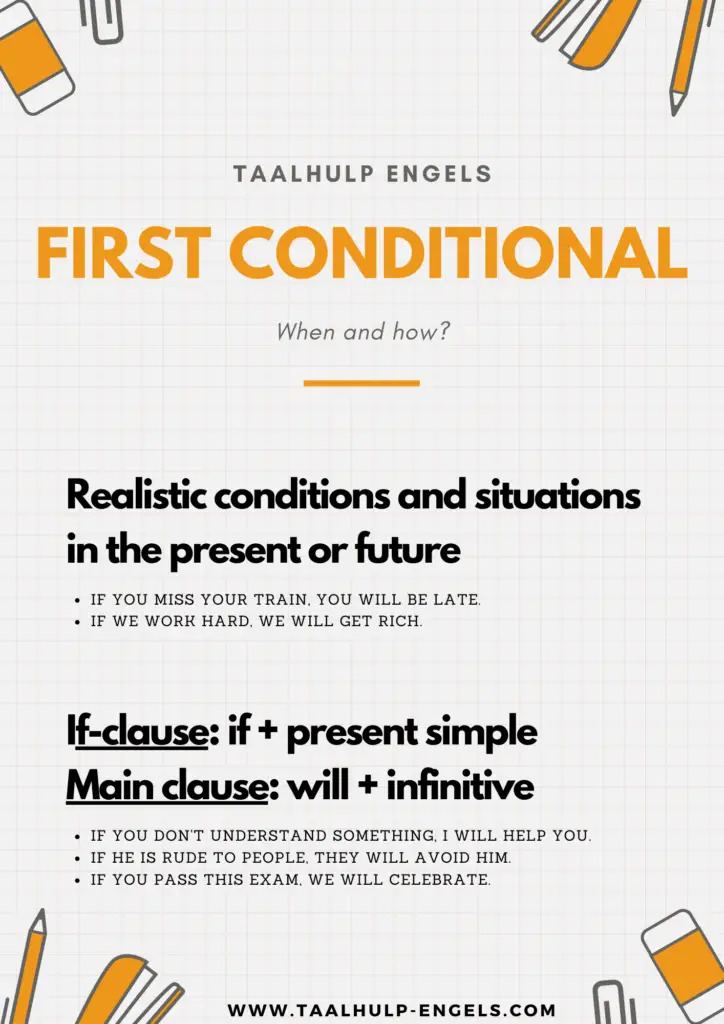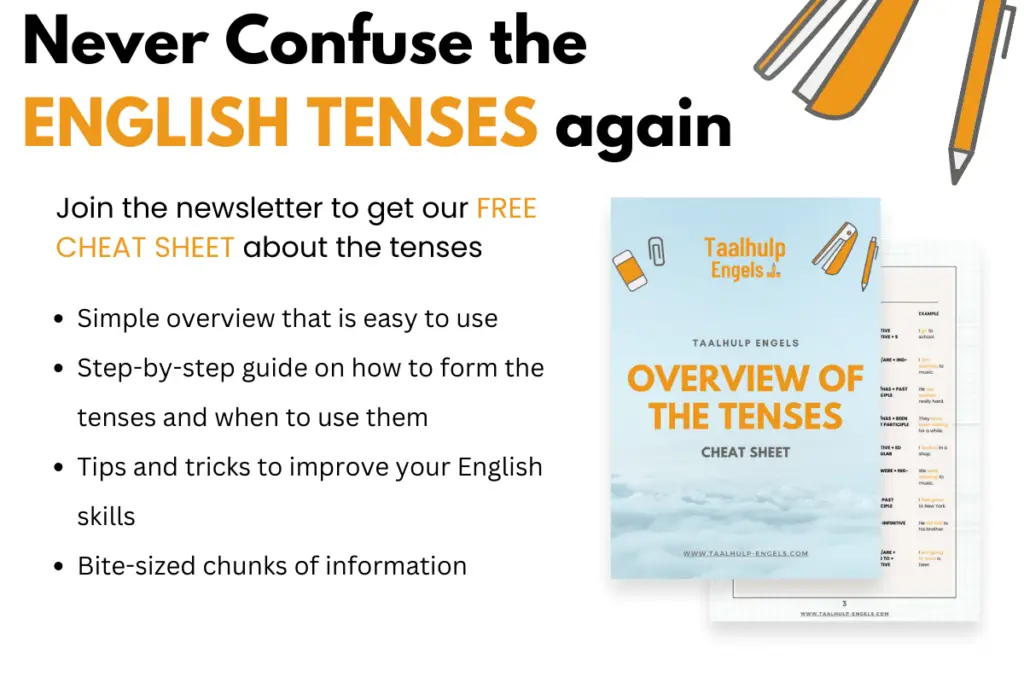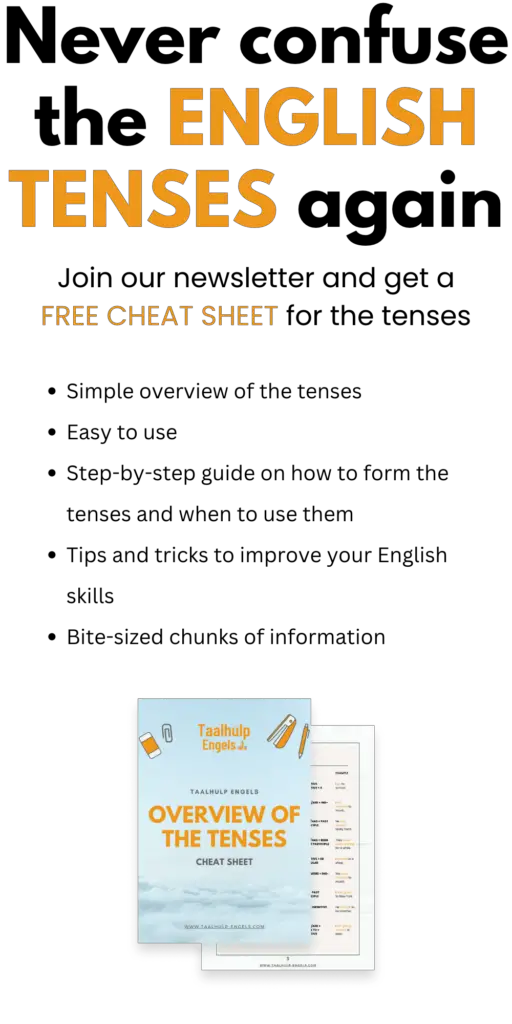The first conditional is one of the most common if sentences in English and that is why it’s important to know how to form and use it properly. These sentences have an ‘if’ and there is a condition that has to be fulfilled. In this article, you have a complete overview of what the first conditional is, how you form it and when to use it. There are also several exercises at the bottom of the page.
First conditional
The first conditional is used to talk about a condition and the result of that condition in the present or future. It’s important to know that you use the first conditional to talk about a realistic situation that can happen. If the condition is fulfilled, the result will happen.

Take a look at the examples below:
- If you miss your train, you will be late.
- We will get rich if we work hard.
First conditional form
Before knowing which tense to use, it’s important to know that conditional sentences consist of two parts: the if-clause and the main clause. The if-clause is the clause where you would find ‘if’ and the main clause is the result of the condition (the rest of the sentence). Take a look at the examples below to see the difference:
| If-clause | Main clause |
|---|---|
| If he buys a car, | he will spend a lot of money. |
| If they get drunk, | they will get a hangover. |
You can use unless instead of ‘if … not’ when you have a first conditional. For example:
- You will fail the exam unless you study hard.

When using a first conditional, you should pay close attention to the tenses of the verbs. The verb in the if-clause needs to be in the present simple. The verb in the main clause needs to be in the will-future. Take a look at the examples below:
| If-clause | Main clause |
|---|---|
| If you don’t understand it, | I will help you. |
| If he is rude to people, | they will avoid him. |
| If you pass this exam, | we will celebrate. |
Keep in mind that the order of the clauses can be different. It’s perfectly possible that the main clause comes first:
| Main clause | If-clause |
|---|---|
| I will help you | If you don’t understand it. |
| They will avoid him | if he is rude to people. |
| We will celebrate | if you pass this exam. |


Exercises
Related articles
- Present Tenses Overview
- The Zero Conditional
- The Second Conditional
- The Third Conditional
- Conditionals: Overview


